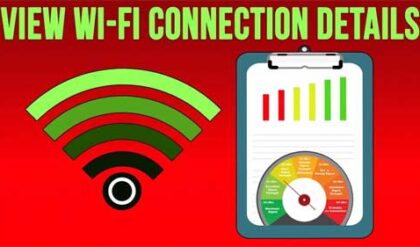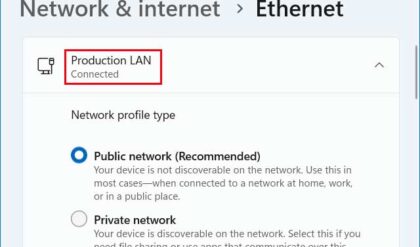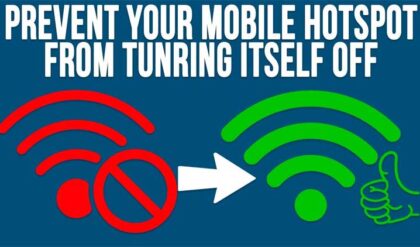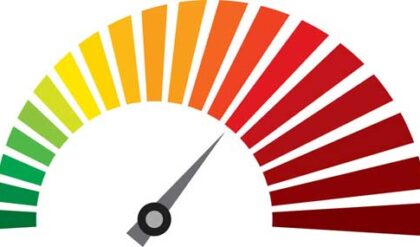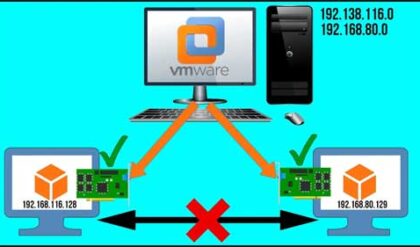How is your business receiving its payments?
Digital payments have been a part of our everyday lives. We are shopping online not just through debit or credit cards, but also through a range of other ways, such as Paypal, mobile banking, and mobile wallets. Paying online is a key function that every e-commerce site in the world provides.
Online payments are fast and easy. They enable you to purchase goods and services from all over the world. If you’re a supplier, you can offer to everyone around the globe with a stable internet connection. A computer isn’t needed by your customer since a phone is enough. But what’s the payment gateway, exactly? Is it secure to deal through a payment gateway? Does the integration of the payment gateway make sense for your company? Let’s find out.
Payment Gateway
The payment gateway mechanism is an easy and fast way to secure the confidential card details of your customers.
The online payment gateway is a tunnel linking your bank account to the server where you need to send money. A payment gateway is a software that helps you to make an online transaction using a range of payment options, such as net banking, credit card, debit card, Wire transfer, or the many digital wallets accessible these days.
They cover not only e-commerce businesses but also physical store businesses by enabling safe online transactions. If you have a payment gateway, not only can you secure the company from liabilities, but you even welcome more consumers by accepting all types of payments.
Why Does Your Company Need To Have One?
The burden for processing confidential credit card and banking details is passed over to a third party who is more competent at ensuring data. The third-party company specializes in data protection, and that’s it. On the other hand, you are good at providing services, not just ensuring that the financial processes are encrypted.
Payment gateways use advanced data encryption to protect confidential data. This defends both you and your clients from scams.
Even if you’re a service company it doesn’t mean you’ve got to restrict your client base to locals. If you can offer virtual services, a payment gateway would allow you to receive online payments from all over the globe.
Payment gateways can transfer payments to the account instead of manual sorting. And because you can accept fees even though your clients are not at your location, you no longer depend on clients to give you a check or to come to your location to pay a bill. You can cover payments over the phone, allow purchases on your website, or send a safe link text to receive funds that are nearly due.
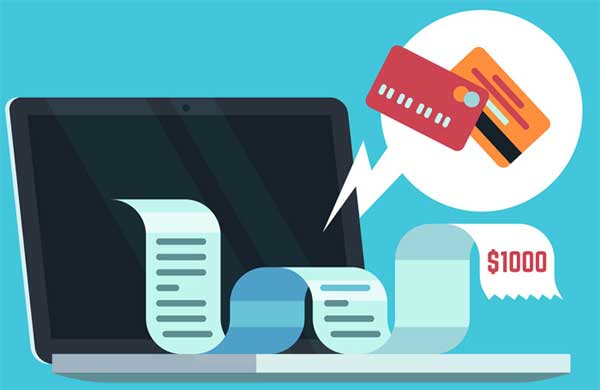
How It Works
The payment gateway mechanism is fairly easy — especially if you invest in the right software or system. Below are the steps of the whole procedure:
Step 1: The consumer purchases his order and then clicks the Send or Checkout button or a similar key on the website.
Step 2: The information is encrypted using an internet browser. Customer information is safely forwarded from your browser or yours to the purchaser’s web server using Secure Socket Layer encryption.
Stage 3: The seller passes transaction information to the payment gateway. This is also provided by SSL encryption.
Step 4: As this occurs, the website or e-commerce website can direct the user to the payment gateway where he inputs all the necessary details about the transaction or the card they will use to pay. The payment gateway then brings the user directly to the issuing bank link demanding for the transaction to be approved.
Step 5: After the payment gateway has been authorized for the transaction, the bank can then verify if the client has enough balance in the account to decide if the transfer of funds is a success or not.
Step 6: The payment gateway passes a message to the dealer directly. If the response from the bank is ‘No’ so the dealer sends an error note to the client, informing them about the problem with the card or the bank balance. If the response is “Yes” from the bank database, the dealer will request a transaction from the bank.
Step 7: The bank deposits the money through the payment gateway, which then transfers the money to the seller.
When this process is done, the client will receive a notice of the order being placed.
Is It Secure To Use?
One of the main advantages of using payment gateways is its high degree of confidentiality. These gateways must also meet with these qualifications — the service provider cannot connect with payment processors until they have been authorized. Therefore, as a dealer using the company’s gateway, you will be secured from any liabilities or unauthorized transactions.
Takeaway
The most important feature of the payment portal is that it encourages millions of people to access it at the same time, making it possible for you to buy or sell products and services wherever you like. Having the best payment gateway could make your business bloom.

